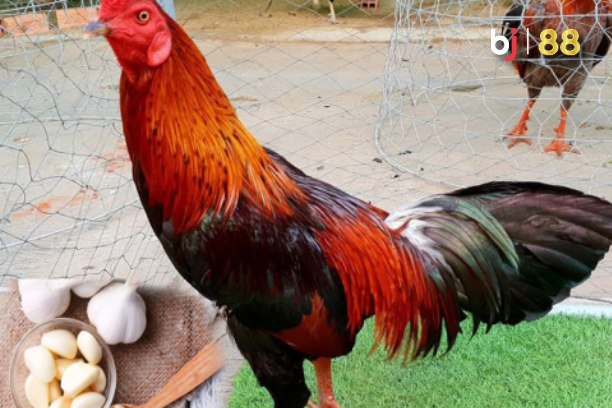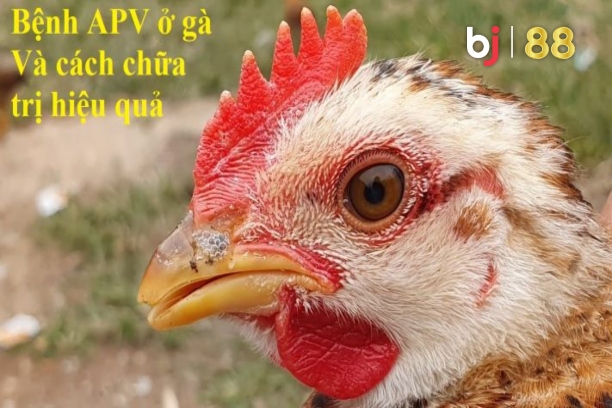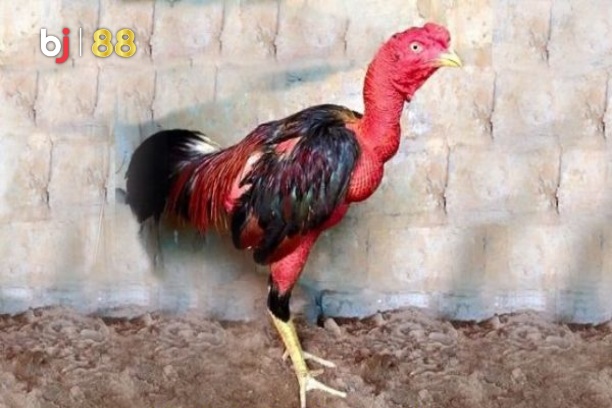Ecoli disease is one of the reasonably common diseases in chickens. Chickens, chicks, and giant chickens can get this disease at any age. Even in eggs, this virus is inherited from mother to child. Ecoli has two forms in the chicken’s body: probiotic ecoli bacteria and ecoli. Most often, it exists in the body of chickens as beneficial bacteria; if the state balance is imbalanced, it passes to harmful bacteria. It weakens the chickens’ health, causes fatigue, and deteriorates resistance. At that time, chickens will develop diseases; gradually, more vital bacteria can cause chicken death. Let’s find out with BJ88 how to treat the disease most effectively through today’s article.
The nature of ecoli in chickens
As noted above, these are beneficial bacteria that always exist in the body of chickens. Only metabolize to harmful bacteria if conditions are right and when chickens are out of balance. When fighting chickens with an underlying disease, ecoli also thrives, causing the chicken’s health to weaken rapidly. Therefore, the disease has many symptoms that can be symptoms of other diseases that entail ecoli. One of the most common signs that is easy to recognize is the same as inhaled asthma in chickens.

Signs of chicken disease with ecoli
- The disease causes chickens to have shortness of breath and lack of oxygen. There were signs of panting.
- Chickens with phlegm wheeze, stuffy nose, gasp.
- Chickens have watery eyes and a foul-smelling nose.
- There are signs of sagging wings, decreased appetite, moodiness, drinking plenty of fluids, and diluted stools.
Signs that 1-week-old chicks have ecoli
1-week-old chicks with ecoli will have some signs such as:
- Chickens with diarrhea
- Swollen belly
- Umbilical inflammation
- Chickens hatch inside eggs with leftover yolks that have not been fully absorbe.
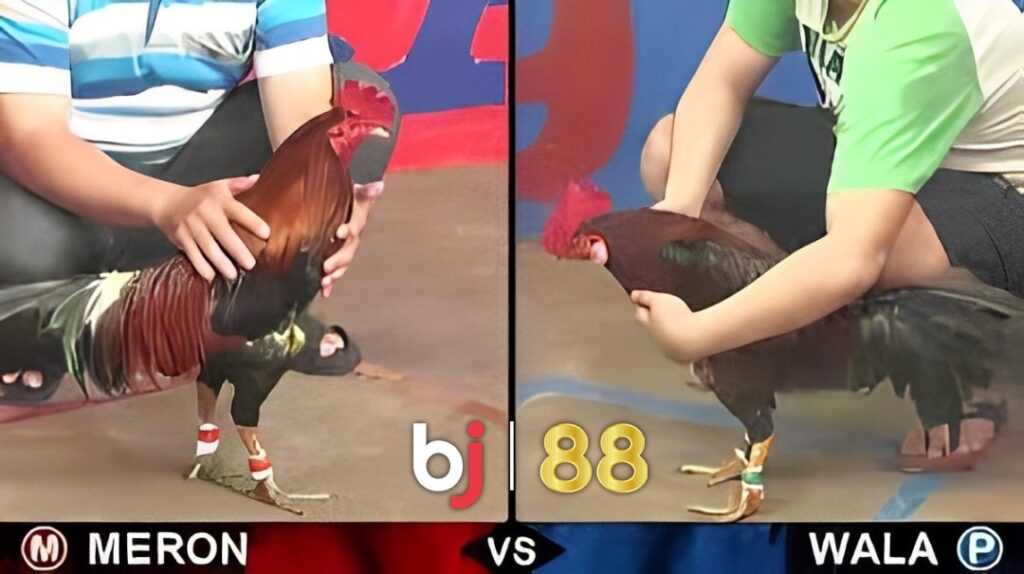
Watch themo BJ88 cockfighting live today
Signs of chickens aged 2-5 weeks
Signs of illness of ecoli in chickens under five weeks of age will also be the same. However, they will be accompanied by several other symptoms due to external factors. This causes the chicken’s body to become weak, causing high fever, swelling of the eyes, and development of inflammation of the eyelids. Chickens taste peritonitis, pericarditis, and inflammation of the hepatitis. If chickens with these symptoms are detected, they should be treated immediately with particular medications.
Signs of chickens aged 2-5 weeks
Signs of illness of ecoli in chickens under five weeks of age will also be the same. However, they will be accompanied by several other symptoms due to external factors. This causes the chicken’s body to become weak, causing high fever, swelling of the eyes, and development of inflammation of the eyelids. Chickens taste peritonitis, pericarditis, and inflammation of the hepatitis. If chickens with these symptoms are detected, they should be treated immediately with particular medications.
Signs of ecoli disease in laying hens
When hens are infected with ecoli, they are passed on to the offspring. Therefore, it is necessary to identify and remove those hens from laying eggs. In case the chicks hatch, the chicks will develop the disease in the first week, and the risk of death is very high. Therefore, it is necessary to choose healthy hens for parking chickens. Hens with ecoli disease will have manifestations such as eating little and reducing laying, and chickens with signs of paralysis of the legs. Chickens have difficulty walking, swelling of the joints of the legs, and moodiness. Seeing hens with this sign should be removed immediately because childbirth cannot be raised. Even the spread is severe, causing economic loss as well as loss of time of millet. The environment that hinders chickens needs to be clean and relaxed; the food must be sufficient. This will limit the development of ecoli.
How to treat ecoli in chickens
Usually, ecoli will always help cure. It will accompany several other diseases, such as CRD in chickens. These two diseases always go hand in hand inseparably. Therefore, to treat ecoli, we need to know how to treat CRD in chickens. When chickens develop the disease outside, it is already a severe stage, and the ability to cure it is meager. Therefore, it is necessary to have particular drugs for chickens if the first signs are detected.
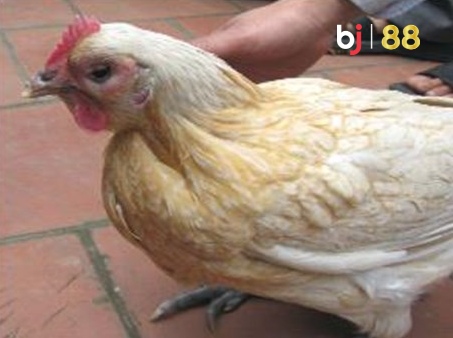
To treat and prevent ecoli disease in chickens, some of the following special drugs can be used:
- Tilcosin injection
- Enrol S20 Oral
- Bio Spiracol, Bio Tylan
Besides, the prevention of diseases in chickens requires the addition of vitamins for chickens. Give chickens electrolyte ions during rearing. The best chicken electrolytes, such as Bio Vita electrolytes and bio vitaso, are used by many monks. Ensure the maintenance of chickens with a good resistance not to get sick. Resistance to pathogenic viruses entering the body.
The article has shared all the information about ecoli disease in chickens. Hopefully, this will be a source of knowledge for you to add to your stone chicken farming. Good luck!

